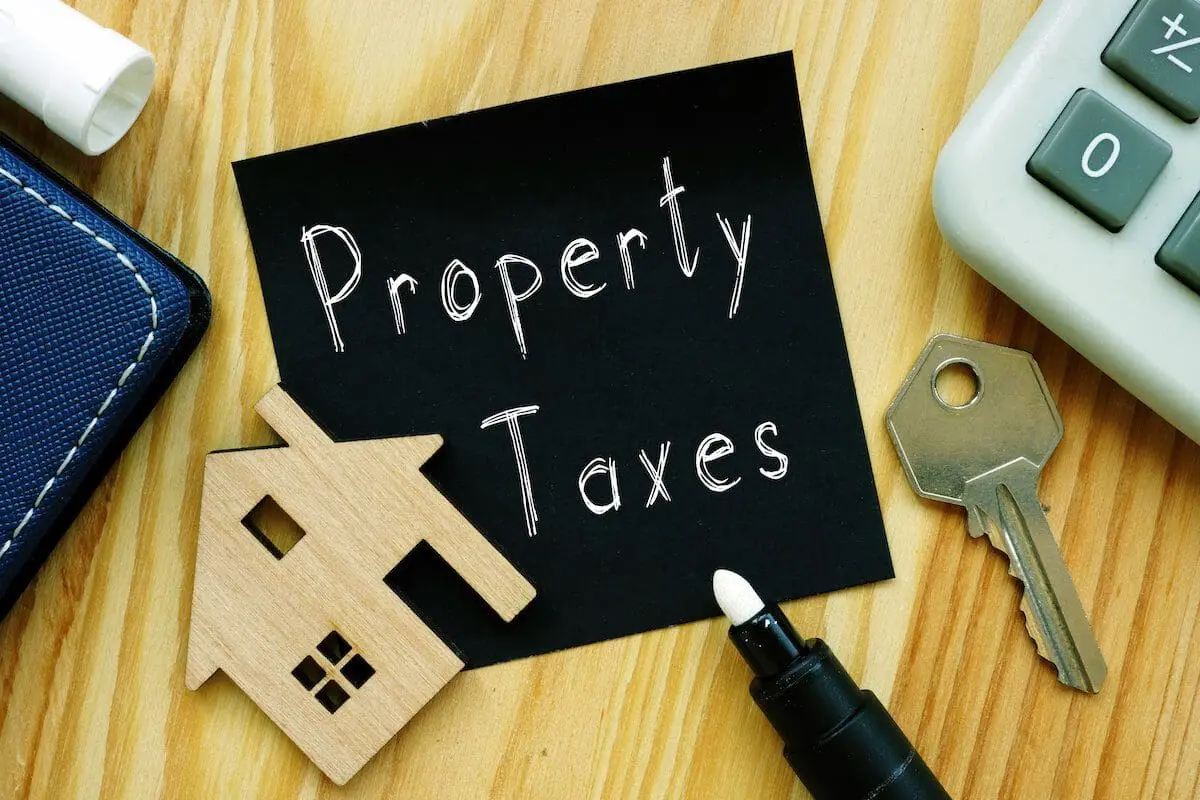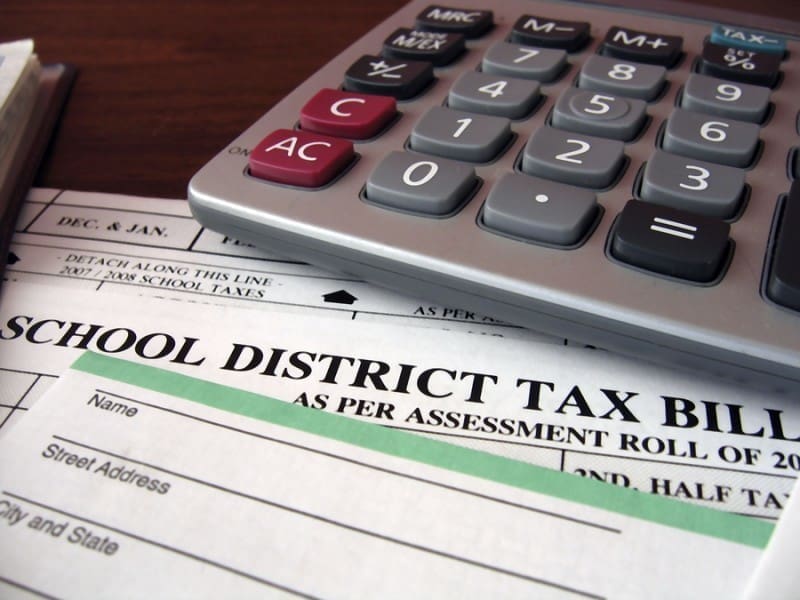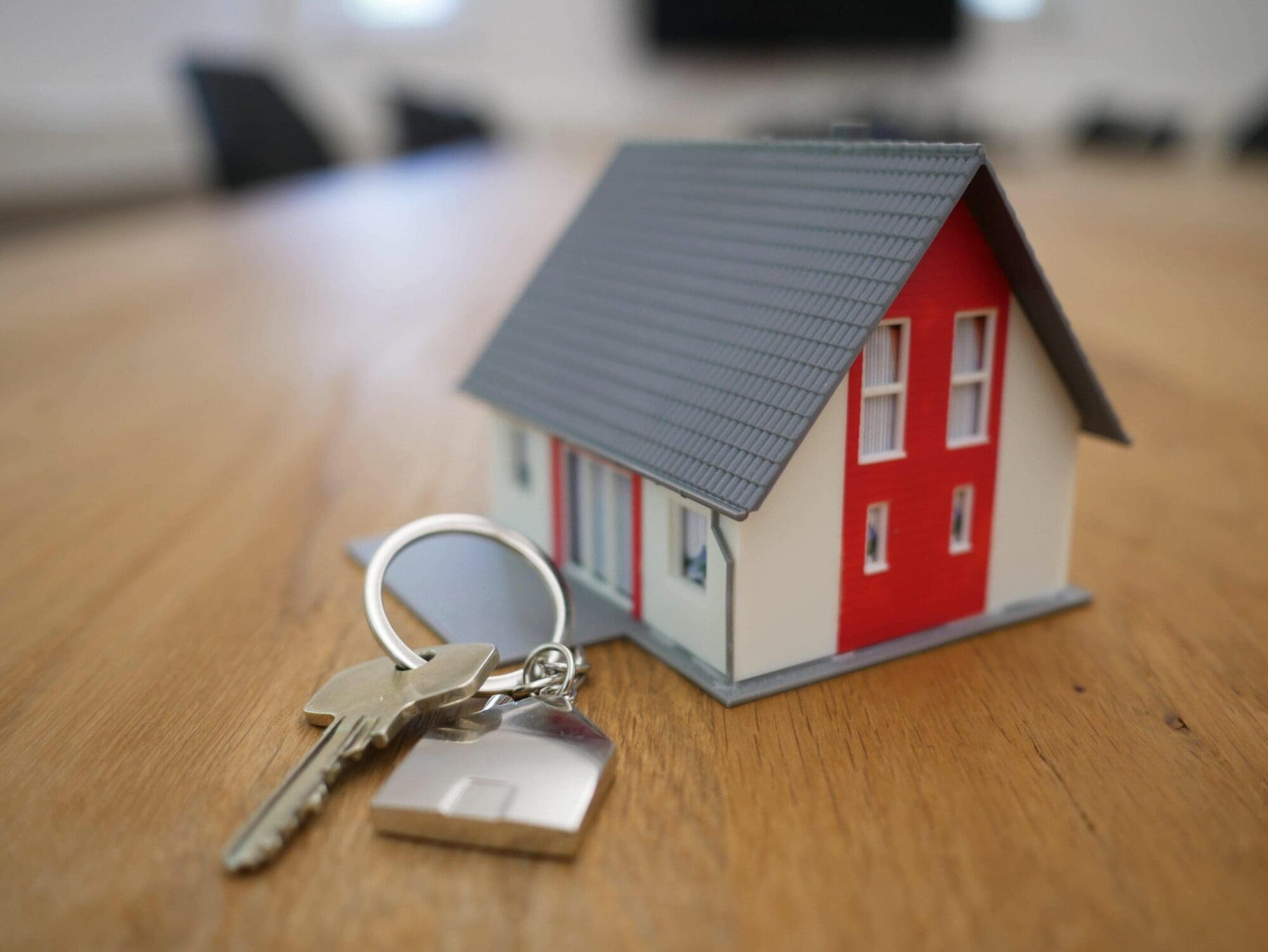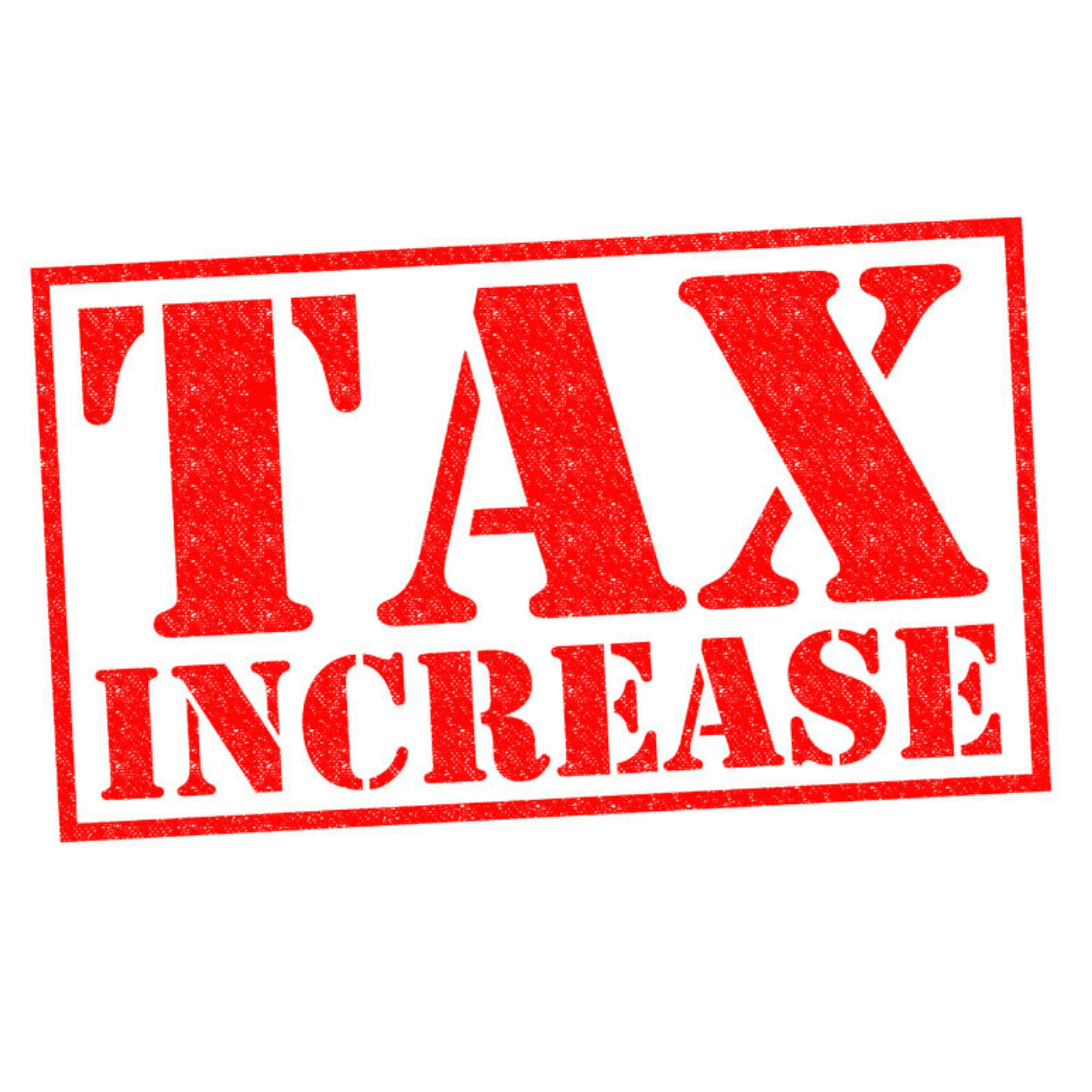A recent study by Texas Scorecard revealed that Texans in urban areas aren’t the only ones in dire need of property tax reform.
Using data from appraisal districts and local governments in two rural North Texas counties, we calculated and compared average tax bills from 2014-2018—and the results were shocking.
In Camp County, residents of Pittsburg and Rocky Mound saw their city tax bills increase 11.7 percent and 33.7 percent, respectively, over the four-year period. On top of that, the school and college portions of their bills also increased, with Pittsburg Independent School District’s up 11 percent and Northeast Community College’s soaring nearly 47 percent.
In Eastland County, residents experienced a similar story. Three of the worst offending cities in the county between 2014 and 2018 were Eastland, Ranger, and Cisco, with respective increases of 31 percent, 40 percent—and a whopping 140 percent.
And those were just the city taxes.
School taxes piled on as well, as Ranger Independent School District, Ranger Junior College, and Cisco College increased their taxes 44 percent, 87 percent, and 130 percent, respectively.
The Texas Legislature is currently attempting to rein in the out-of-control tax increases and give citizens more power over their bills. New reform proposals, House Bill 2 and Senate Bill 2, would require local governments to get voters’ approval for any tax increases over 2.5 percent.
Yet as presently written, those reforms would not apply to local taxing entities that collect less than $15 million in tax revenues—meaning that residents in many rural places such as Eastland and Pittsburg would still be in the same situation they are now.
However, rural property taxpayers hurting from skyrocketing tax bills can contact their state legislators and demand they be included in the HB 2/SB 2 reforms.
It’s their money at stake, after all.





